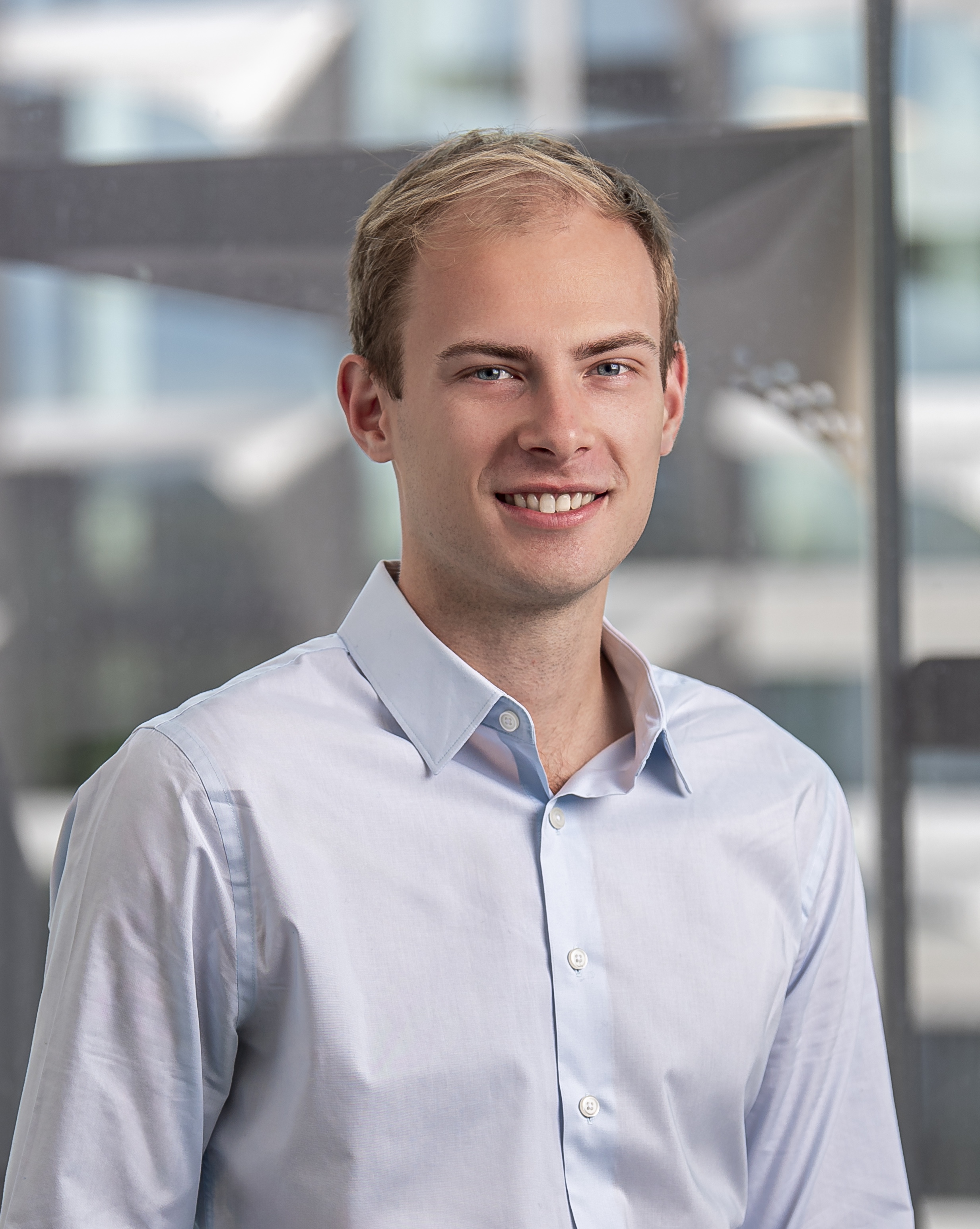Colton Casto
Cambridge, MA

I am a third-year PhD candidate in the Harvard-MIT Program in Speech and Hearing Bioscience and Technology (SHBT) working with Evelina (Ev) Fedorenko and Nancy Kanwisher in the Department of Brain and Cognitive Sciences at MIT. I am also supported by a graduate fellowship from the Kempner Institute for the Study of Natural and Artificial Intelligence at Harvard University.
I am broadly interested in the neural basis of language, and my research is organized into two lines of related work:
-
Language processing in non-classical brain areas. Language processing in the brain has long been associated with a set of (typically) left-lateralized, frontotemporal brain regions. However, neuroimaging and neuropsychological studies consistently implicate other brain areas in language. The first goal of my research is to understand what these non-classical language regions–such the cerebellum, the hippocampus, medialfrontal regions, and the right hemisphere–may contribute to language processing.
-
The interaction of language and memory. Language use in our everyday lives–reading a book, watching a movie, or having a conversation–typically unfolds on the timescale of minutes to hours, often requiring us to remember far into the past to make sense of the present. The second aim of my research is to understand how our brains represent, update, and dynamically access past context during online language use.
To pursue these questions, I utilize a variety of approaches from neuroscience and machine learning, including intracranial electroencephalography (iEEG), functional magnetic resonance imaging (fMRI), and computational modeling. I am also deeply interested in using our understanding of language processing in biological brains to inform how we design artificial systems such as large language models (LLMs).
Prior to starting my PhD, I completed my undergraduate studies at Princeton University in Neuroscience, with minors in Computer Science and Machine Learning. While at Princeton, I conducted research in the lab of Uri Hasson examining the relationship between LLMs and human language processing using naturalistic intracranial recordings during unconstrained conversations.